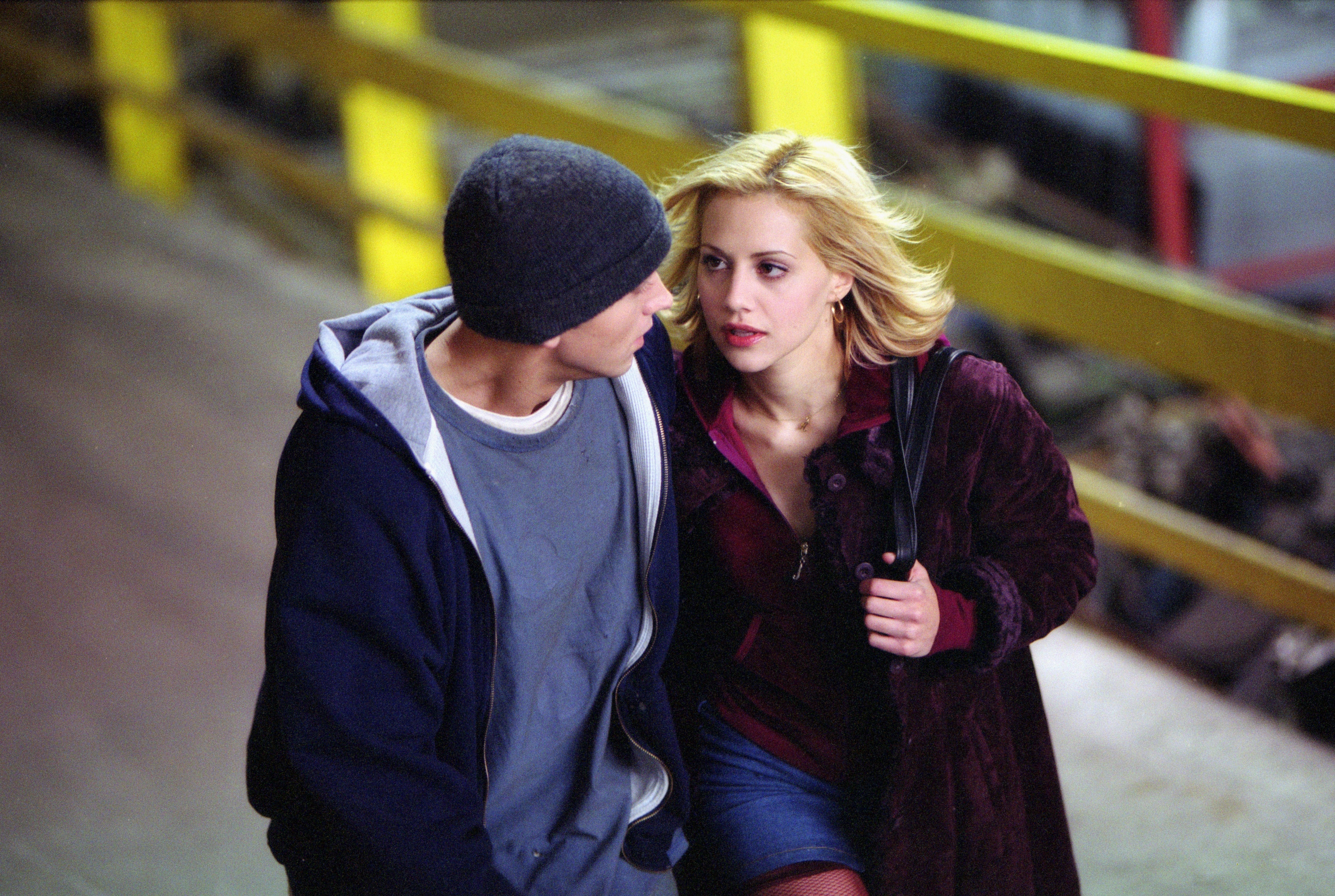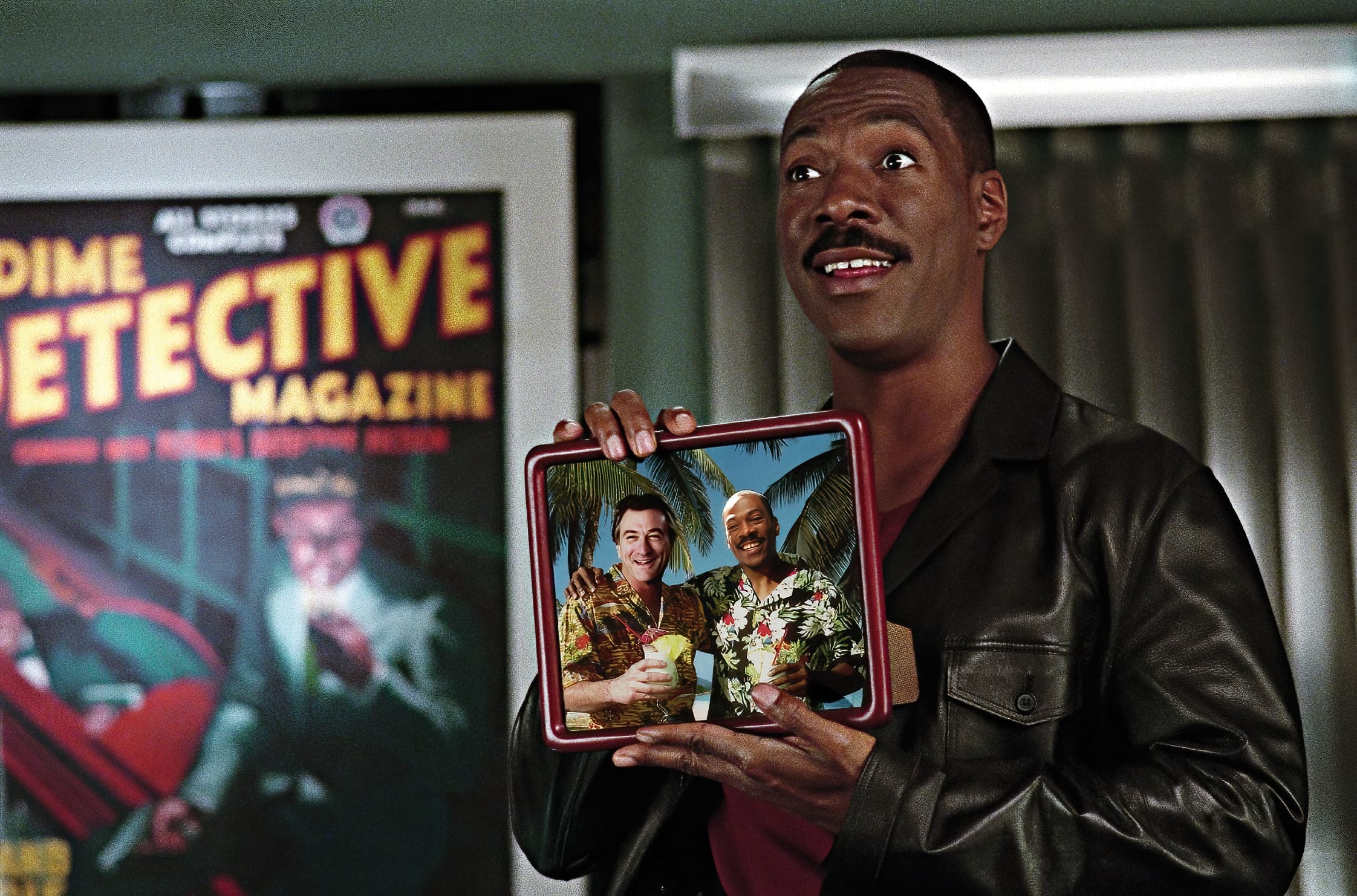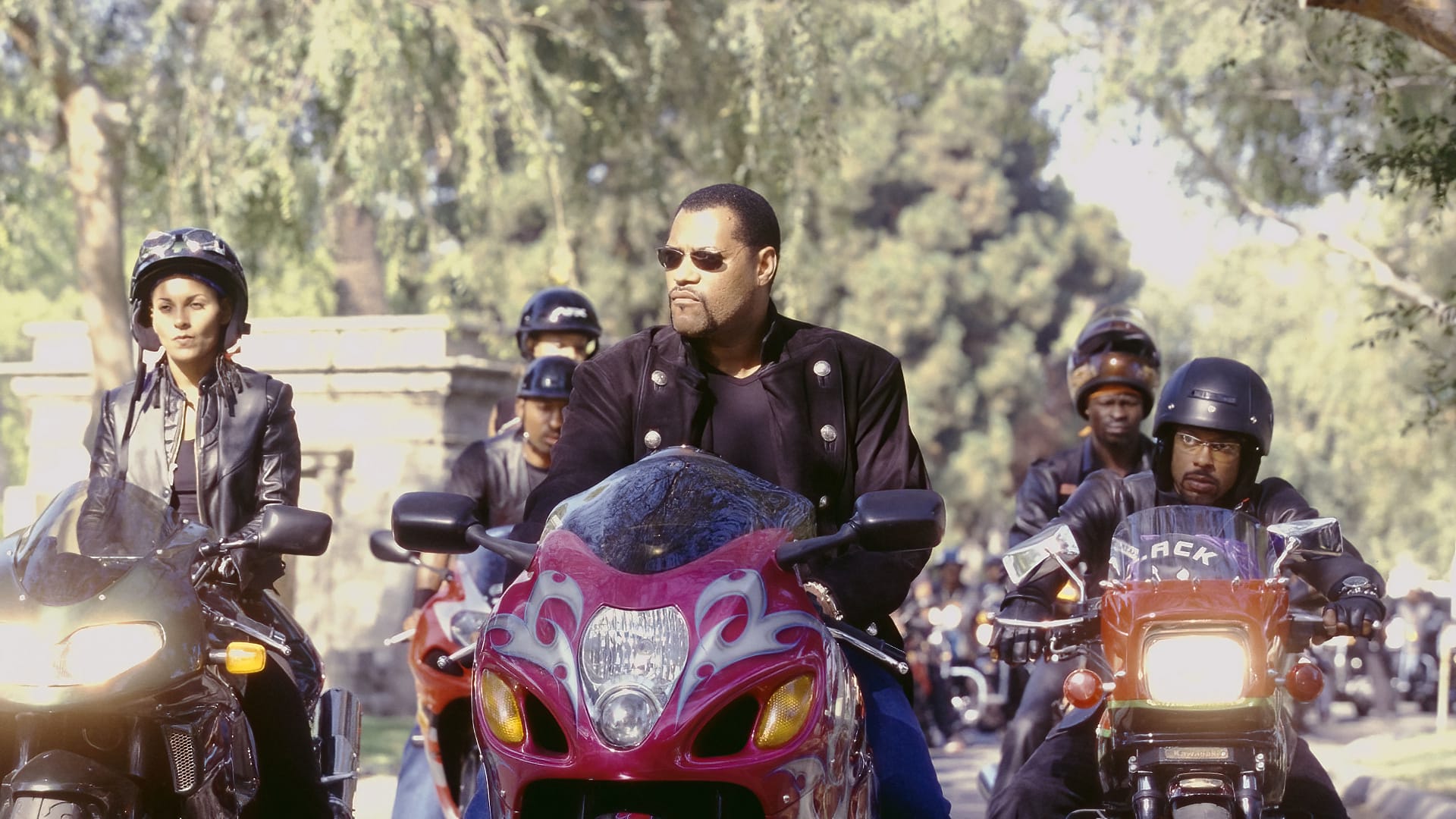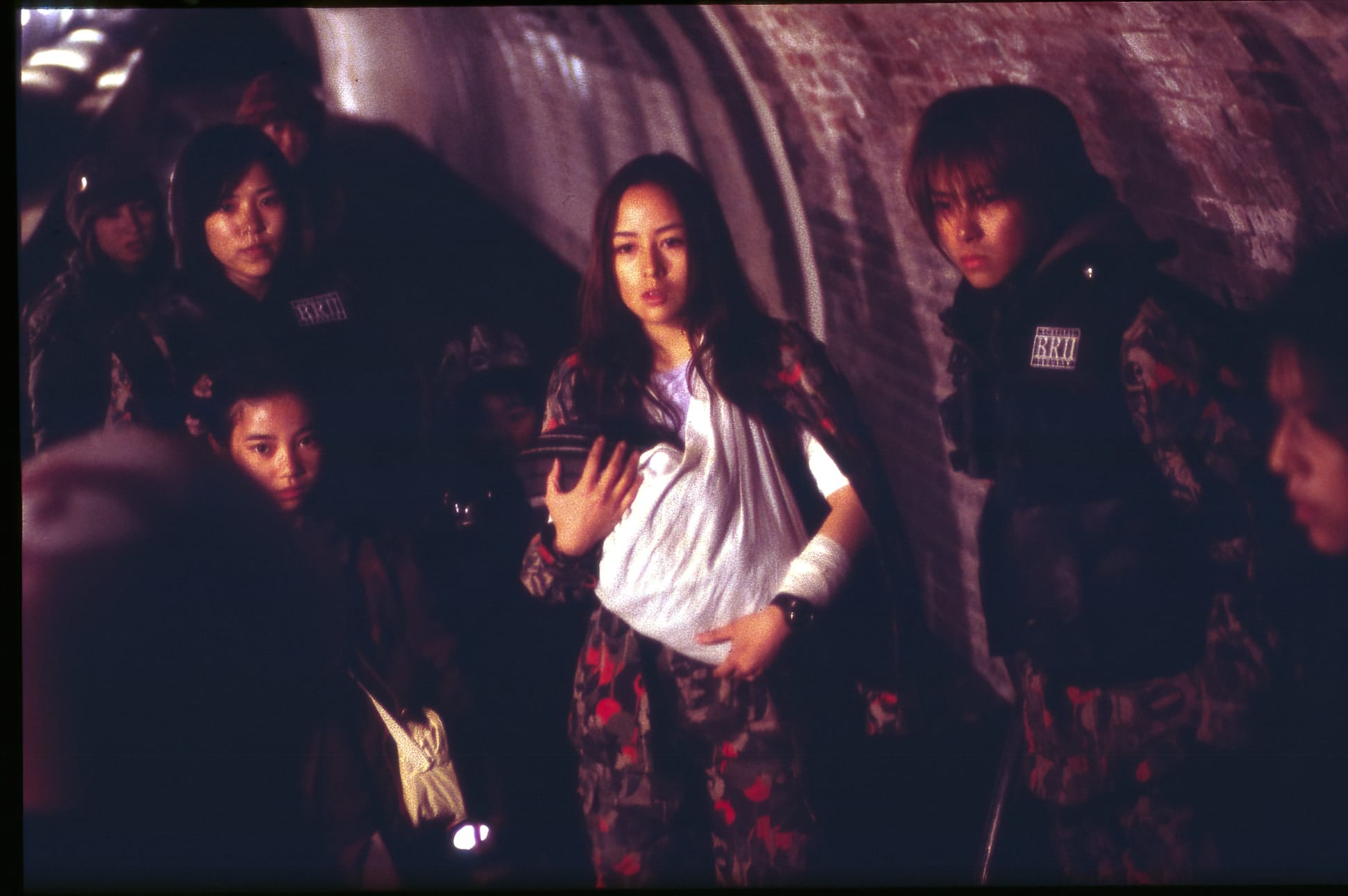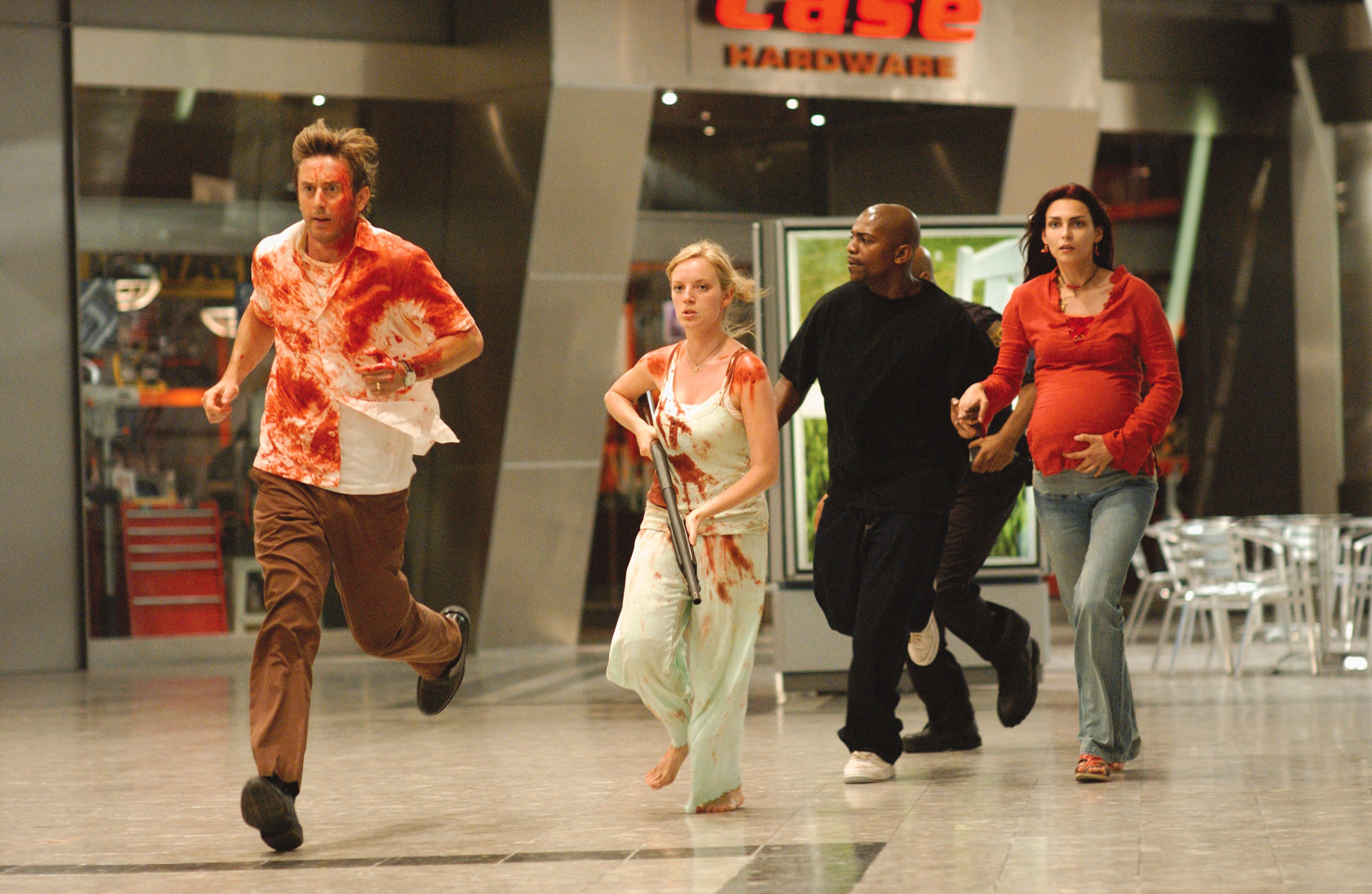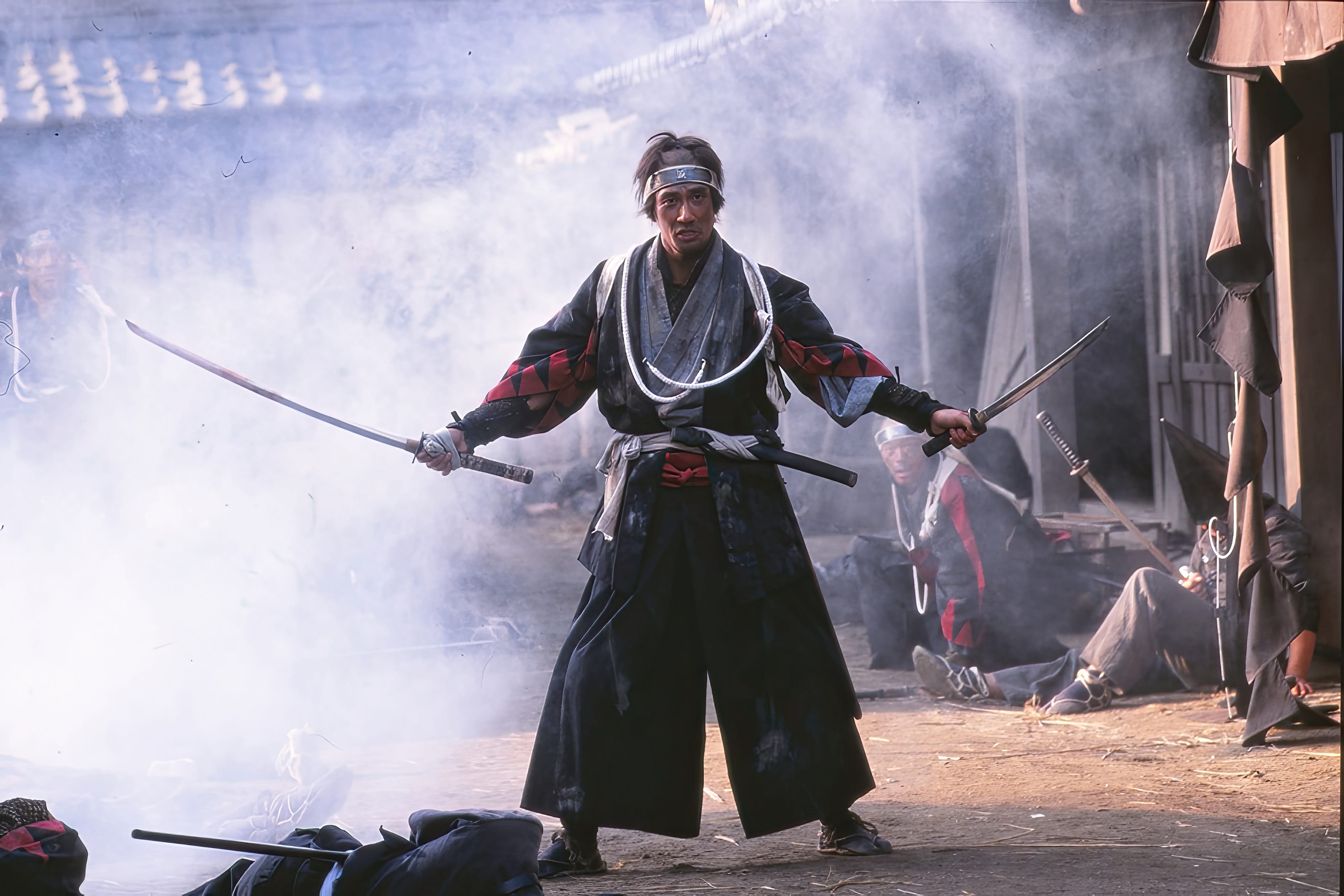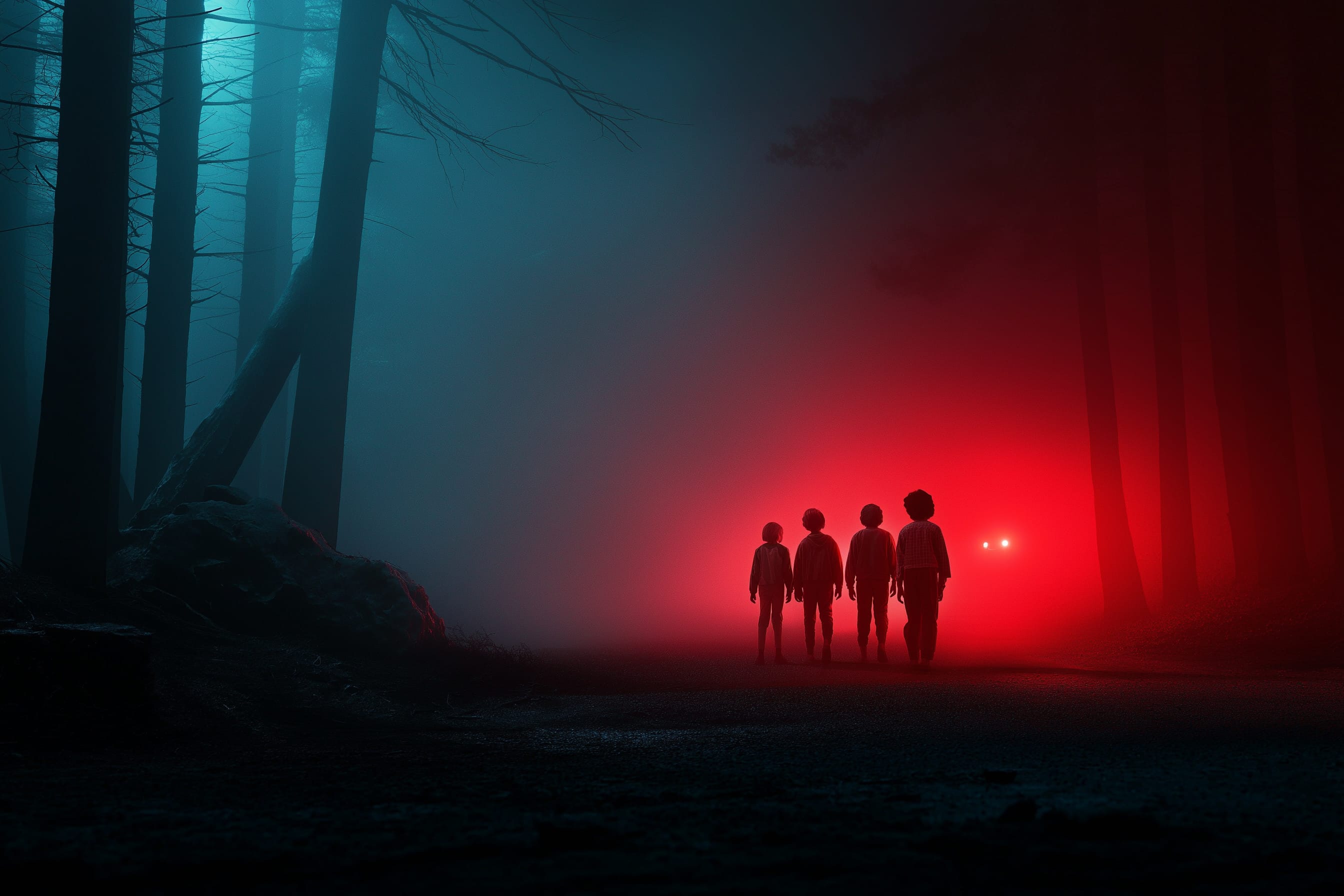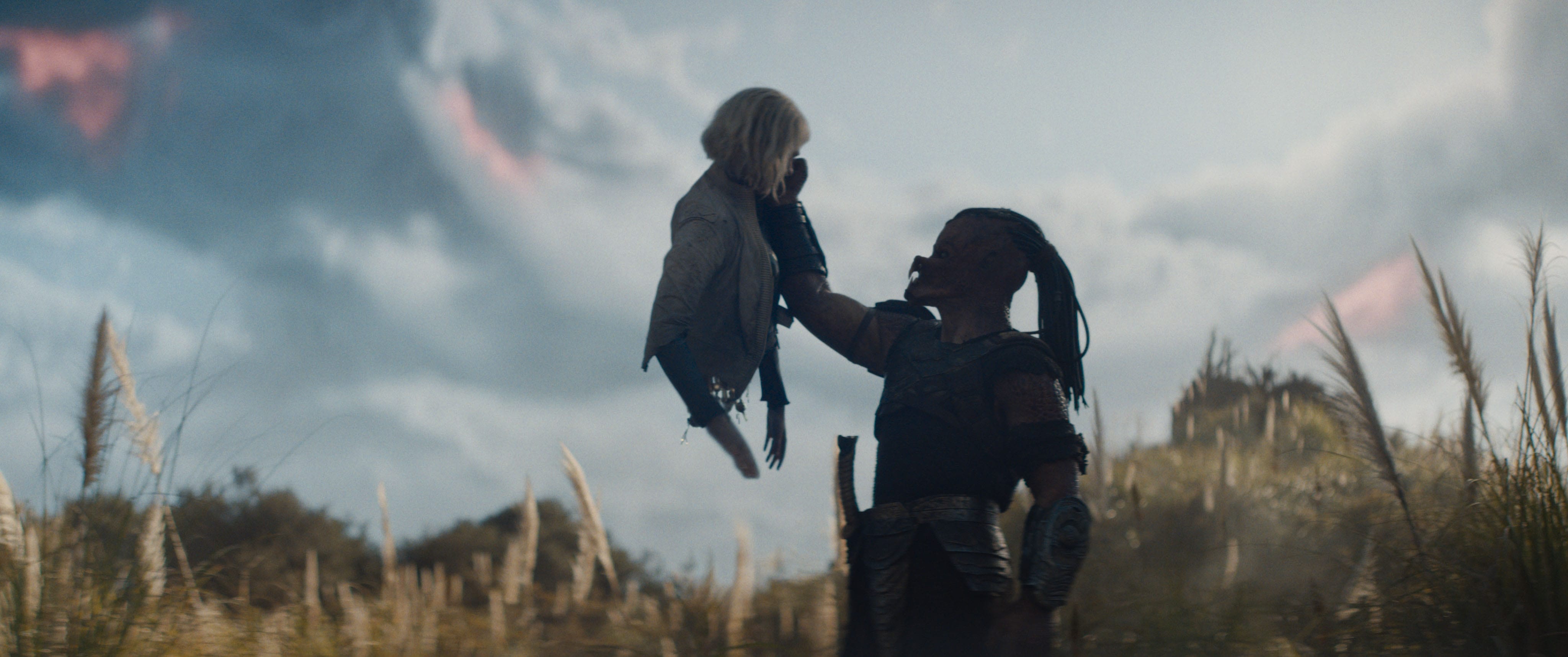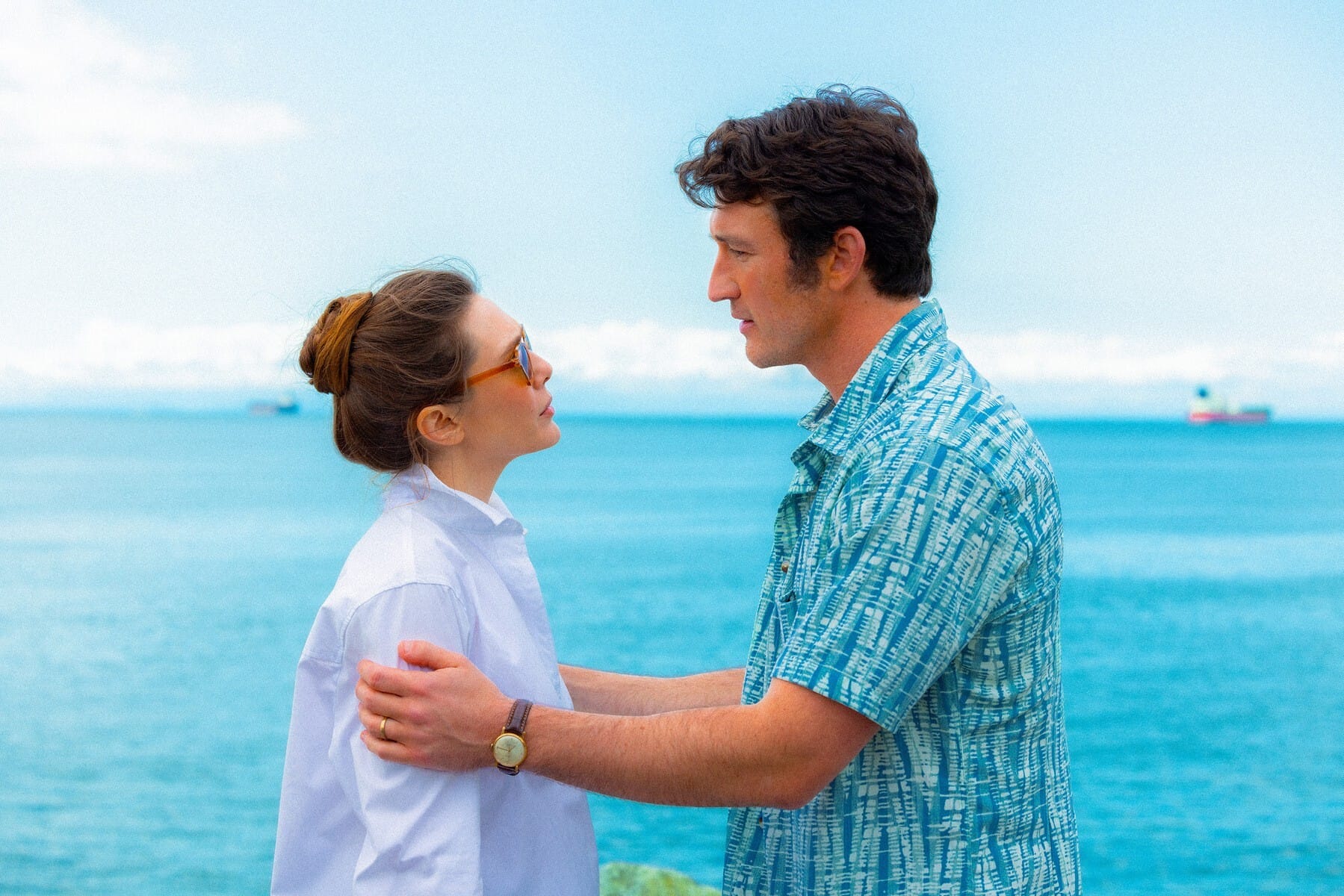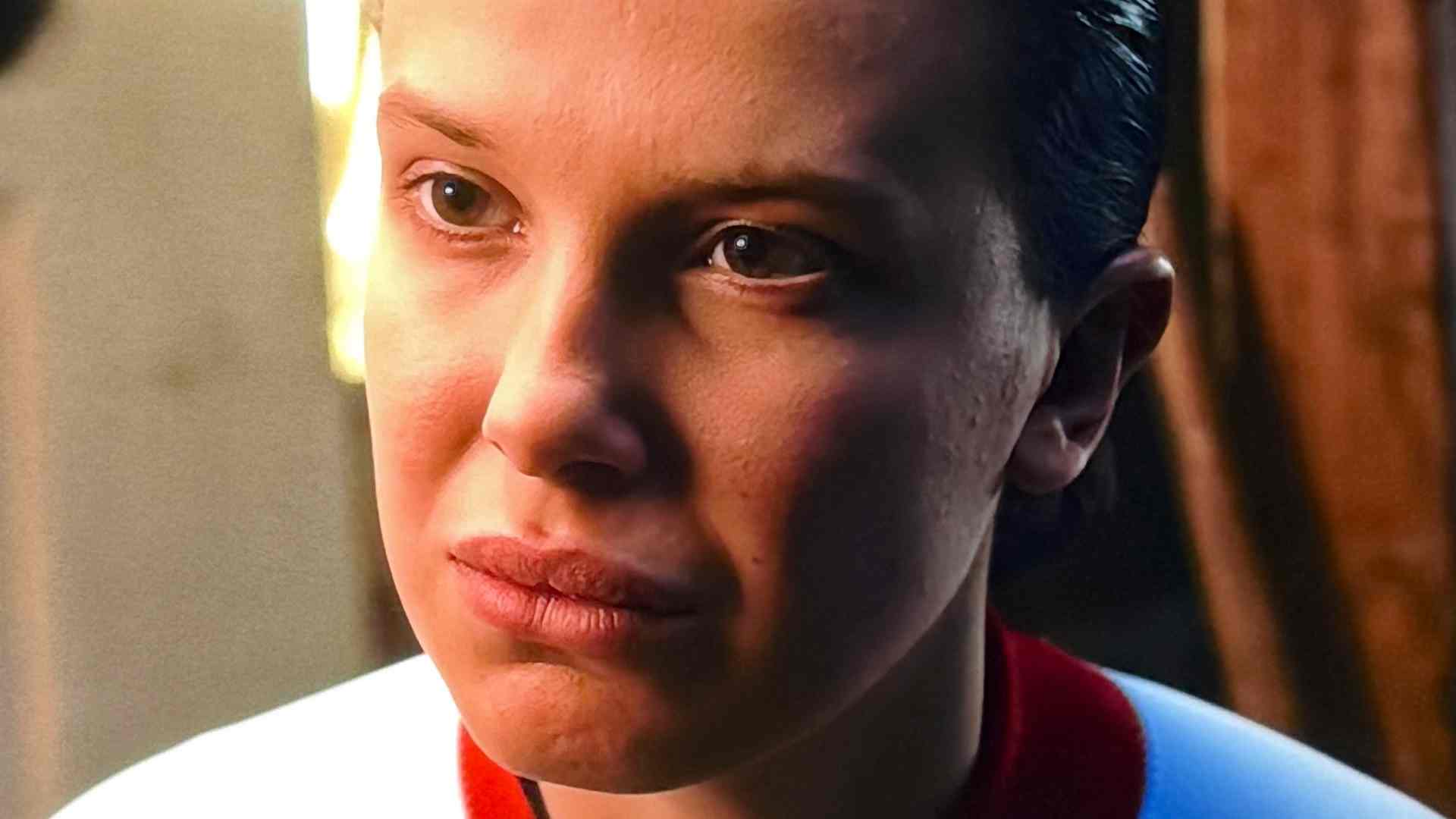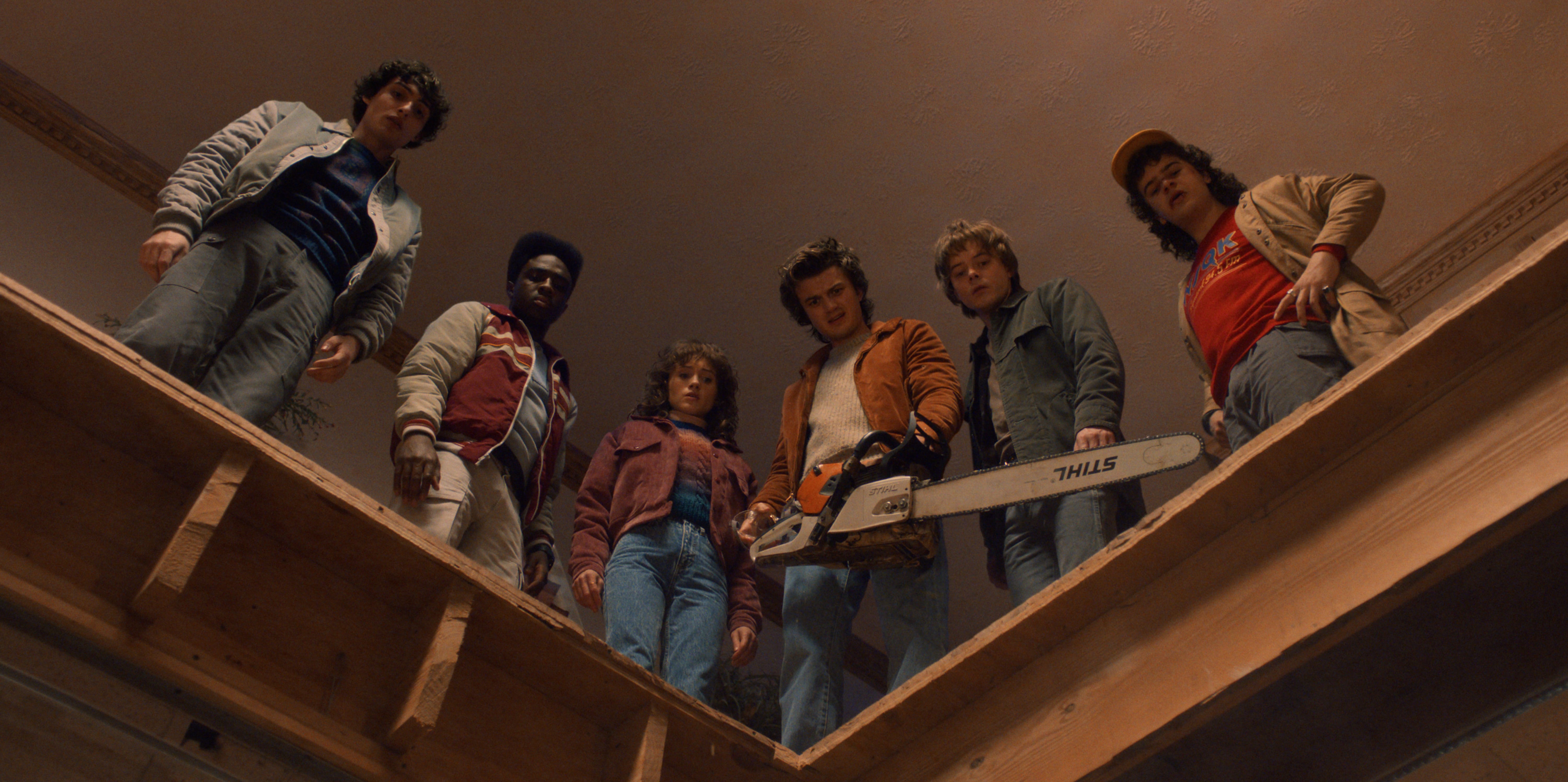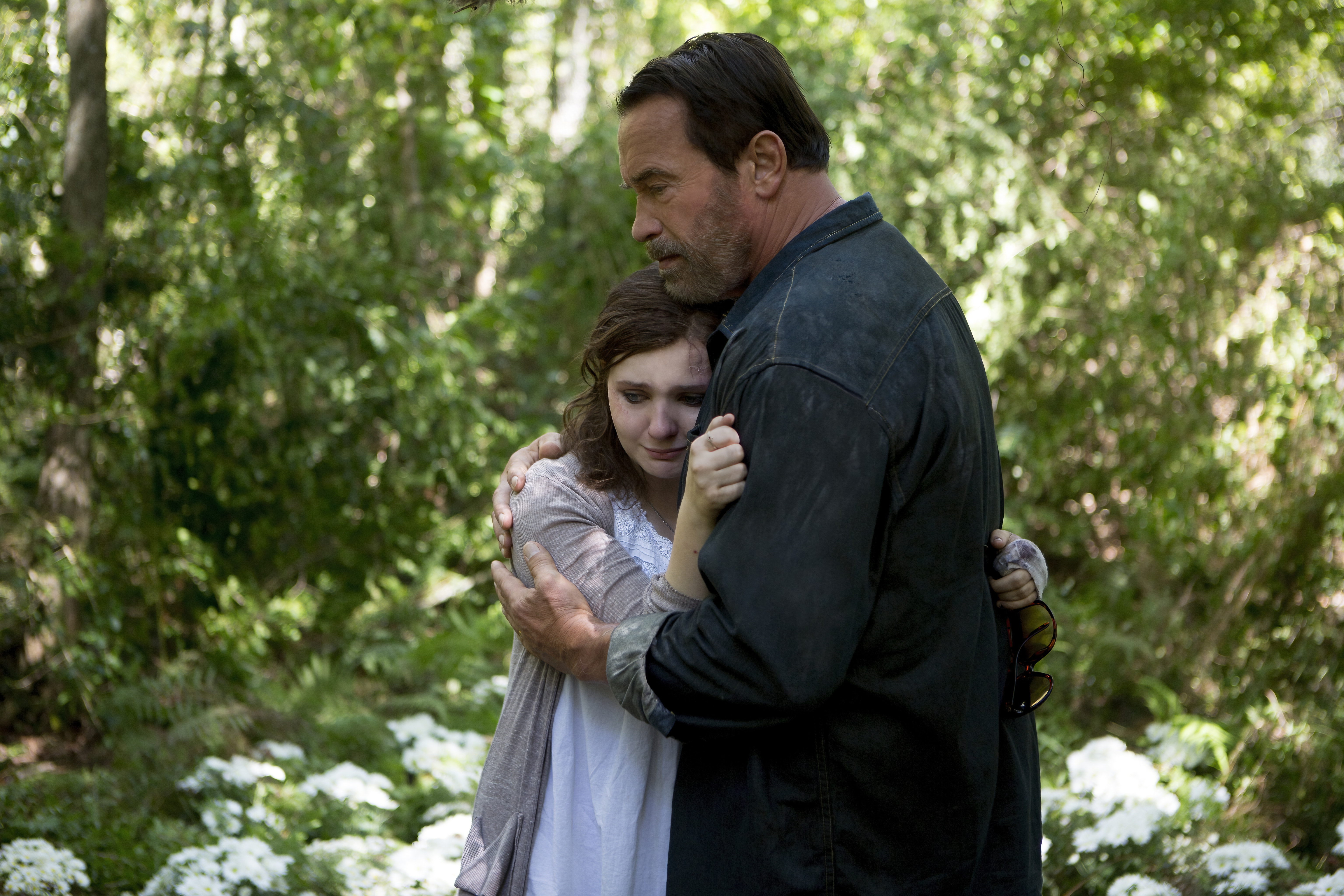
MAGGIE (2015): Arnold Schwarzenegger’s Quiet, Somber Turn in a Zombie Drama
Arnold Schwarzenegger’s career has been defined by larger-than-life action heroes—characters who wield guns, flex muscles, and deliver iconic one-liners. From The Terminator (1984) to Predator (1987) to Commando (1985), Arnold built his legacy on adrenaline-fueled spectacle. So, when he stars in Maggie, a slow-burning, emotionally driven zombie drama, it’s not just a departure—it’s a gamble.
Directed by Henry Hobson, Maggie trades the bombastic action of Schwarzenegger’s most iconic films for quiet desperation. Set in a world devastated by a zombie outbreak, the film focuses on a grieving father’s attempt to protect his infected daughter as she slowly succumbs to the disease. While Arnold delivers one of the most subdued and heartfelt performances of his career, Maggie ultimately suffers from its lethargic pacing and lack of narrative depth. It’s an admirable experiment for Schwarzenegger, but one that doesn’t fully capitalize on its intriguing premise.
A Somber Story of Loss and Acceptance
Maggie is not your typical zombie movie. There are no hordes of undead, no frantic chase scenes, and no last-minute heroics. Instead, the film tells an intimate story of Wade Vogel (Schwarzenegger), a farmer struggling to care for his daughter Maggie (Abigail Breslin) after she’s bitten and infected by the virus. As Maggie’s condition worsens, Wade must decide whether to let the disease take its course or end her suffering himself.
The premise is hauntingly simple, and the film approaches its subject matter with a melancholy tone that’s more reminiscent of The Road (2009) or Let Me In (2010) than Schwarzenegger’s usual high-octane fare. At its core, Maggie is about the inevitability of loss and the quiet strength required to face it. It’s a refreshing change of pace for Arnold, who is far removed from the unstoppable killing machines of The Terminator or Total Recall (1990).
That said, the film’s slow pace and minimal plot can make it feel more like an extended mood piece than a fully fleshed-out narrative. While the emotional weight is palpable, the story lacks the complexity or tension needed to sustain its 95-minute runtime.
Arnold Schwarzenegger: A Subtle and Surprising Performance
Schwarzenegger’s performance in Maggie is unlike anything we’ve seen from him before. Gone are the quips, explosions, and superhuman feats. As Wade, he is quiet, vulnerable, and deeply human. His grief and helplessness are conveyed not through words but through subtle gestures: the slump of his shoulders, the quiver in his voice, the pain in his eyes as he watches his daughter fade away.
While Arnold has shown hints of emotional range in previous roles—most notably in Terminator 2: Judgment Day (1991), where his T-800 learned to understand human emotions—Maggie pushes him into entirely new territory. It’s a subdued performance that relies on restraint rather than bravado, and it proves that Arnold is capable of more than just action-hero antics.
However, the film doesn’t always give him enough material to work with. Wade is a stoic, taciturn character, and while Arnold handles the role admirably, there are moments where the lack of dialogue or dramatic conflict makes the performance feel one-dimensional. Compare this to his role in True Lies (1994), where his natural charisma and comedic timing added layers to his character, or even Aftermath (2017), where he explored grief with more narrative depth. In Maggie, Arnold’s emotional range is limited by the script’s minimalism.
Abigail Breslin Shines as Maggie
While Schwarzenegger anchors the film, Abigail Breslin delivers its most emotionally resonant performance. As Maggie, she captures the heartbreak of a teenager coming to terms with her impending death. Breslin’s portrayal is nuanced and haunting, balancing moments of quiet resignation with flashes of anger and fear. Her chemistry with Schwarzenegger feels authentic, and their father-daughter bond provides the emotional core of the film.
Still, Maggie as a character isn’t as fully developed as she could be. The film hints at her struggles—her fear of becoming a monster, her yearning for normalcy—but doesn’t delve deeply enough into her psyche. This lack of exploration makes it harder to connect with her journey, despite Breslin’s strong performance.
A Beautifully Bleak Aesthetic
Visually, Maggie is stunning. The film’s muted color palette of grays and browns perfectly captures the bleakness of its post-apocalyptic setting. The rural landscapes, abandoned towns, and decaying interiors create an atmosphere of quiet desolation that mirrors the characters’ emotional states.
However, while the cinematography is beautiful, it often feels more suited to a short film than a feature-length story. The slow pacing and lack of dynamic action make the film feel stagnant at times, as if it’s treading water rather than moving forward. Compare this to The Terminator, where James Cameron’s tight pacing and relentless action kept the audience engaged from start to finish. In Maggie, the deliberate slowness can make the film feel more like a chore than a journey.
A Missed Opportunity for Emotional Depth
Maggie attempts to tell an intimate, character-driven story, but it often feels underdeveloped. The film explores themes of grief, sacrifice, and unconditional love, but it doesn’t fully dive into the emotional complexity of its characters. There are moments of brilliance—such as Wade’s quiet anguish as he considers euthanizing his daughter—but these moments are fleeting, leaving the film feeling emotionally incomplete.
Compare this to Terminator 2, where Arnold’s relationship with young John Connor was deeply affecting and provided a compelling emotional arc. In Maggie, the father-daughter bond is touching but not explored in enough depth to carry the entire film.
A Zombie Movie Without Much Bite
One of the most surprising aspects of Maggie is how little it focuses on its zombie elements. While the virus is central to the plot, the film avoids traditional zombie-movie tropes like gore, jump scares, or large-scale outbreaks. This grounded approach is commendable, but it also makes the film feel less urgent and engaging.
In movies like Predator or Total Recall, Schwarzenegger was often at the center of intense, high-stakes conflicts. In Maggie, the stakes are entirely internal—Wade’s struggle to protect his daughter and come to terms with her fate. While this shift in focus is refreshing, it also leaves the film feeling overly subdued, with little to maintain tension or momentum.
Final Thoughts: An Admirable Effort That Falls Short
Maggie is a bold departure for Arnold Schwarzenegger, showcasing a quieter, more introspective side of his acting. It’s a beautifully shot film with strong performances from both Schwarzenegger and Abigail Breslin, but its slow pacing, thin narrative, and lack of emotional depth keep it from reaching its full potential.
For fans of Schwarzenegger’s explosive action hits like Commando or True Lies, Maggie might feel too understated and somber. But for those curious to see Arnold stretch his dramatic muscles, it’s worth watching as a fascinating experiment.
While it’s not on par with Schwarzenegger’s best films, Maggie proves that even in his later career, Arnold is willing to take risks and explore new territory. It’s not a triumph, but it’s a compelling detour in a career defined by spectacle. Just don’t expect it to knock you out like a punch from the T-800.

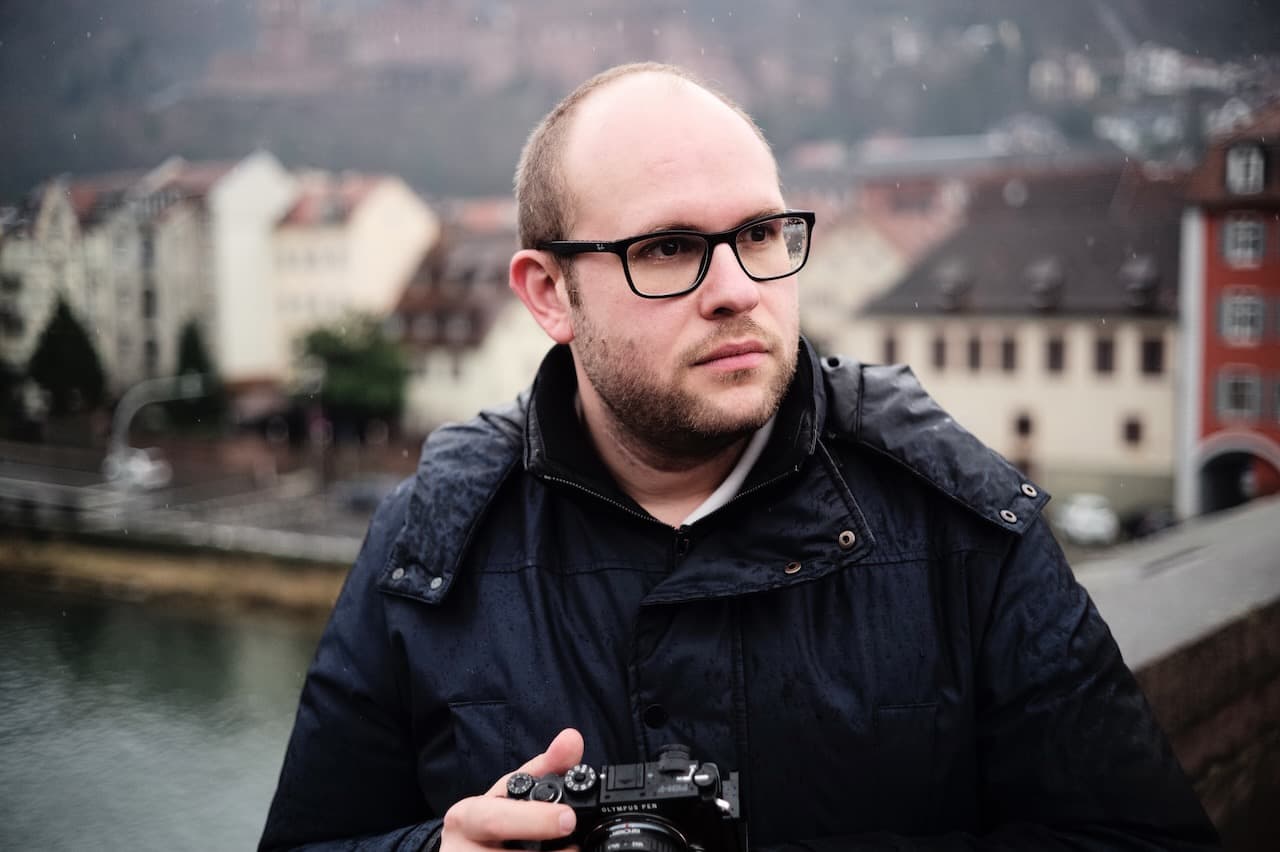 By Jakob Montrasio
By Jakob Montrasio 